Women should not shut up about menopause. We should roar about it.
Menopause is having a moment. It seems like it’s everywhere. Women are sharing experiences of their frustration in getting the help they need. Could you imagine five years ago the idea of a journalist having a perimenopausal moment live on TV and having that moment spark support from hosts and people across social media?
For those who didn’t see it, we’re talking about the moment this month on ABC breakfast TV when Imogen Crump called out a hot flush while struggling to articulate her report.
“I’m so sorry,” she said, fanning herself with a notebook. “I could keep stumbling through this, but I’m having such a perimenopausal hot flush right now.” The two morning show hosts – Lisa Millar and Michael Rowland – who joined her on the couch, praised her candour.
“Imogen, the point about this is that we need to make it normal to have these kinds of conversations,” Millar said, to which Crump responded, “I don’t think hormones respect national television.” I couldn’t agree more, Imogen, hormones certainly do have a life of their own.
Crump let the hot flush pass, then delivered her segment succinctly. She was able to complete the task at hand, she just needed a moment.
Federal parliament recently passed a motion to hold a Senate inquiry into menopause and perimenopause (the time leading up to menopause). The inquiry will look at the economic consequences of menopause and perimenopause, the level of awareness among employers and workers of symptoms, and the availability and use of support in the workplace.
Australia need not reinvent the wheel on this. Britain is one similar country where positive reform has been embraced. Menopause is an inevitable life stage for women globally. Our workplaces are like those in the UK and our health systems face similar pressures, so there are lessons we can learn.

Yet not everyone is comfortable talking openly about it. A common reaction is: “Can we please stop banging on about this?”
In this masthead on November 7, journalist Tania Ewing wrote: “Why give men in power further reason to discard women in their 50s and 60s? If there is a narrative about menopause, surely it’s just another example of the shit we endure to survive.”
She continued: “Don’t make menopause another reason for men to dismiss our capacity to
work, lead and progress in our careers into our 70s and beyond.”
Others from the US are asking why employers are being asked to treat menopause like a disability, making the ill-informed statement that the only known symptoms of menopause are hot flushes and vaginal dryness. Heaven forbid, you might admit to losing focus in a meeting because you were worried your heavy flooding period had soaked through to the white boardroom chair!
Silence is causing women to walk out the door. Women retire 7.4 years earlier than men, often at the height of their careers and often when menopause hits. Women intend to retire at 64, but on average leave work at 52. That’s one year after the average age of menopause. Almost half of women who retire before 55 cite their health as the reason they stopped work. Ignoring menopause in the workplace is not working.
On a recent fact-finding mission to England, I met the people who championed changes there. I discovered that much of the increased public awareness originated from workplace education. This reduced stigma, improved engagement and positioned workplaces as employers of choice for women.
In the UK, 45 per cent of workplaces are now taking action and a quarter have an active menopause policy, according to the Chartered Institute of Personnel and Development. This represents a massive shift in attitudes and practice.
In Australia, four in five women will be working during their menopause transition, which is why employers have a unique opportunity to make a meaningful and immediate difference.
Most people associate menopause with hot flushes. Hot flushes are only one of 34 symptoms, both physical and psychological. Many Australian women can’t identify the signs of
perimenopause and menopause, so we don’t seek the right help early enough.
Most women will start experiencing symptoms in their early 40s. In a recent Australian survey of 770 working women, 73 per cent reported heightened stress and anxiety during menopause.
Menopause-aged women take their own lives at a greater rate than any other age bracket. Understanding how menopause affects mental health needs to be better understood.
In Australia, the West Australian parliament recently committed to becoming a menopause- friendly workplace. Other employers, from small workplaces to large global corporates and from a diverse range of industries including ambulance services, certain sporting organisations, mining and banking, are already leading the way. Rather than asking half the population to grin and bear it, these organisations recognise the significance of this inevitable life stage and the need for a discussion.
The current tentative conversation about menopause is similar to the discussion that emerged 10 years ago about mental health. People were originally worried that talking about their mental health at work would see them labelled as undesirable workers. We’ve seen that this is simply not the case. A robust approach to mental health is now an accepted part of workplace culture and a minimum requirement for employers.
The debate about menopause is less mature, but this is changing. Menopause is an inevitable life stage that will affect all women, but it will also impact partners, friends, family members, colleagues and managers. There are ways that workplaces can open the conversation. The time for whispering about menopause in the corridor is over.


